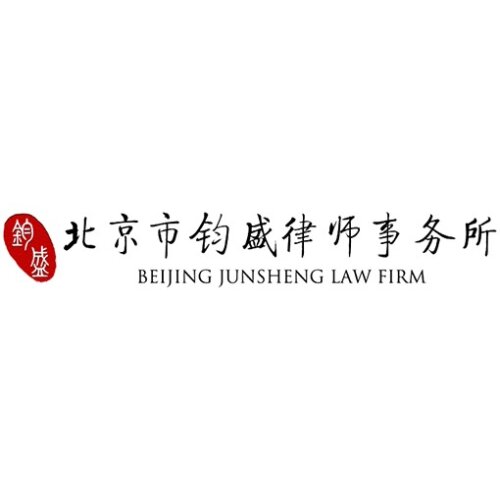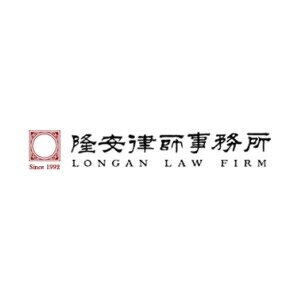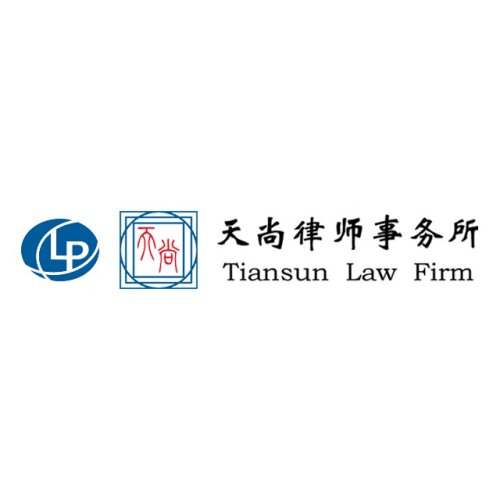Best Arrests & Searches Lawyers in China
Share your needs with us, get contacted by law firms.
Free. Takes 2 min.
Or refine your search by selecting a city:
List of the best lawyers in China
About Arrests & Searches Law in China
In China, the laws governing arrests and searches are primarily outlined in the Criminal Procedure Law of the People's Republic of China. These laws establish the framework for how arrests and searches should be conducted, ensuring the protection of the rights of individuals while allowing law enforcement agencies to perform their duties. The system aims to balance the need for public security with the personal rights prescribed by the law.
Police and other authorities have specific legal procedures they must follow when conducting arrests and searches. The laws are designed to prevent unlawful detention, wrongful arrest, and the misuse of powers by authorities, though the application and oversight of these laws can vary.
Why You May Need a Lawyer
Individuals may require legal assistance in matters of arrests and searches for various reasons. Some common situations include:
- If you are detained or arrested, a lawyer can help you understand your rights and ensure they are protected.
- If you believe a search was conducted improperly or without a warrant, a lawyer can assess the legality of the action and seek redress.
- Lawyers can provide representation if you are charged with an offense resulting from an arrest or search.
- If you are a foreigner, a lawyer can navigate the complex legal landscape and language barriers.
- To challenge evidence obtained from a search you believe was unlawful.
Local Laws Overview
Several key aspects of local laws are particularly relevant to arrests and searches in China:
- Arrest Warrants: Generally, an arrest should be conducted with a warrant issued by a public security authority or the people's procuratorate.
- Search Warrants: Searches should be authorized and conducted with a warrant unless in emergency situations as defined by law.
- Detention Duration: The law specifies maximum durations for detention without formal arrest or charge, typically not exceeding 37 days.
- Right to Counsel: Upon arrest, individuals have the right to appoint a lawyer, although there may be delays in lawyer-client communication depending on the case.
- Notification of Family: Authorities are required to notify the family of the detained individual, except in cases of drug-related offenses.
- Interrogation Rules: Interrogations must not involve torture or other unlawful methods to obtain a confession.
Frequently Asked Questions
What should I do if I am arrested in China?
Remain calm, do not resist arrest, and request to speak with a lawyer as soon as possible. It is important to exercise your right to remain silent until your counsel is present.
Can the police conduct a search without a warrant?
Generally, searches require a warrant. However, exceptions apply, such as during emergencies or if there is probable cause to suspect criminal activity occurring.
How long can someone be held without charges?
A person can be detained without formal charges for up to 37 days, after which formal arrest must occur or the individual should be released.
What are my rights if I am detained?
You have the right to be informed of the charges, to consult and appoint a defense lawyer, to refuse self-incrimination, and to have your family notified.
Can foreigners expect the same treatment under Chinese law?
Yes, foreigners are subject to the same legal procedures as Chinese citizens, though they might face additional language and cultural barriers. Consular notification is also typically available.
What is considered an unlawful search or arrest?
A search or arrest without proper authorization (such as a warrant), exceeding legal time limits for detention, or use of excessive force may be considered unlawful.
What can be done if evidence was obtained through unlawful search?
You may challenge the admissibility of such evidence in court with the help of a lawyer, potentially leading to its exclusion from your case.
Can I refuse a search of my property?
You can legally refuse a search if the authorities do not present a valid warrant, except in emergencies or if immediate action is warranted by the law.
How can a lawyer assist me after being released from detention?
A lawyer can provide ongoing legal advice, prepare your defense, and represent you in court, ensuring that your legal rights continue to be upheld.
What happens if the police do not follow proper procedures?
If police misconduct occurs, you can file a complaint or legal claim through appropriate channels with the support of a legal professional.
Additional Resources
If you or someone you know needs assistance with legal issues regarding arrests and searches in China, consider contacting the following resources:
- Local legal aid centers for free or low-cost legal assistance.
- The Chinese Ministry of Justice for guidance on appointed legal aid lawyers.
- Embassies or consulates for foreigners in China needing consular support.
- Professional law firms in China specializing in criminal law and human rights.
- Non-governmental organizations focused on legal rights and advocacy in China.
Next Steps
If you find yourself needing legal assistance with arrests and searches in China, follow these recommended steps:
- Immediately seek legal counsel to guide you through the legal process.
- Document all interactions with law enforcement to the best of your ability.
- Contact local legal aid services if you cannot afford a private lawyer.
- If you are a foreigner, reach out to your country's embassy or consulate for assistance.
- Consider reaching out to non-governmental organizations specializing in legal aid or human rights for additional support.
Lawzana helps you find the best lawyers and law firms in China through a curated and pre-screened list of qualified legal professionals. Our platform offers rankings and detailed profiles of attorneys and law firms, allowing you to compare based on practice areas, including Arrests & Searches, experience, and client feedback.
Each profile includes a description of the firm's areas of practice, client reviews, team members and partners, year of establishment, spoken languages, office locations, contact information, social media presence, and any published articles or resources. Most firms on our platform speak English and are experienced in both local and international legal matters.
Get a quote from top-rated law firms in China — quickly, securely, and without unnecessary hassle.
Disclaimer:
The information provided on this page is for general informational purposes only and does not constitute legal advice. While we strive to ensure the accuracy and relevance of the content, legal information may change over time, and interpretations of the law can vary. You should always consult with a qualified legal professional for advice specific to your situation.
We disclaim all liability for actions taken or not taken based on the content of this page. If you believe any information is incorrect or outdated, please contact us, and we will review and update it where appropriate.
Browse arrests & searches law firms by city in China
Refine your search by selecting a city.















